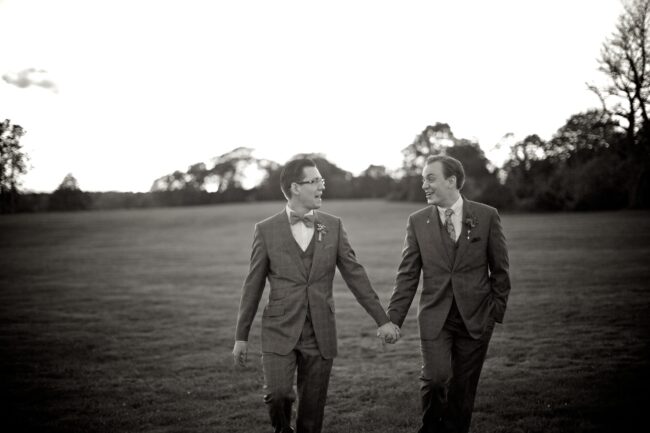Same-sex marriage to be legalised in Estonia
Text Mark Taylor Photo monteiroleo / Pixabay
The Estonian government has survived a vote of no confidence in the Riigikogu tied to amendments to the Family Law Act and related legislation which will lead to the introduction of marriage equality in the country. The act passed in parliament today establishes that as of 2024 marriages between two adults will have equal force in law regardless of their gender.
“Everyone should have the right to marry the person they love and want to commit to. With this decision we are finally stepping among other Nordic countries as well as all the rest of the democratic countries in the world where marriage equality has been granted,” said Prime Minister Kaja Kallas.
“This is a decision that does not take anything away from anyone but gives something important to many. It also shows that our society is caring and respectful towards each other. I am proud of Estonia,” added Kallas.
Minister of Social Protection Signe Riisalo said that marriage equality will make Estonia a more inclusive and considerate place.
“I am genuinely very grateful for the patience and understanding the LGBT+ community has shown for all these years,” she said.
“Although these changes are in many ways purely technical, there is no ignoring their significance. I hope that, in time, those opposed to marriage equality come to see that we don’t lose anything from taking such steps, but rather that we all gain from them,” shared Riisalo.
The 85 amendments to the Family Law Act and other legislation which will introduce marriage equality also include the establishment of the implementing acts for the Registered Partnership Act.
Going forward, alongside marriage, people will continue to enjoy the right to enter into a registered partnership. Such a partnership guarantees the right of registered spouses to have a say in decisions pertaining to their partner and to obtain support and benefits as needed. Couples who enter into a registered partnership will also be able to convert their status to marriage in a simplified procedure should they wish to do so.
Both marriage and registered partnerships bring rights and obligations for couples which do not extend to those in de facto relationships. These are mostly linked to homes, assets, parentage and obtaining support. For example, in the event of the death of one spouse or registered partner this will help to prevent situations in which the surviving partner, in the absence of a will, has no right to inherit the other partner’s assets, all of which are automatically transferred to their relatives instead.
The help of the spouse or registered partner will also be used to confirm previously expressed intentions if the other spouse or registered partner is unconscious or incapable of exercising their will, so as to decide whether to accept or reject medical treatment.
The act is planned to enter into force on January 1, 2024.
To learn more about this and similar topicsEquality Equal Rights Estonia Kaja Kallas LGBTQ Registered Partnership Estonia Same-Sex Marriage










